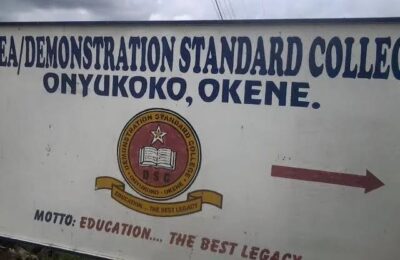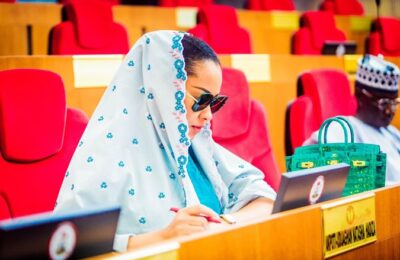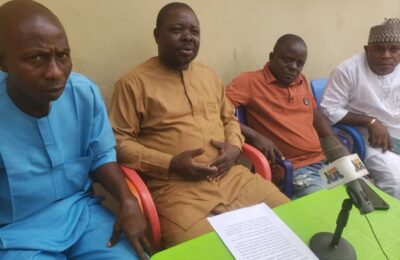By Musa Bakare
In today’s Nigeria political terrain, President Bola Ahmed Tinubu is not just a leader he is a political giant worthy of serious study.
His remarkable journey from pro-democracy activism and political exile to the presidency was no accident. It is the result of decades of deliberate strategic planning, grassroots investment, coalition building, and courageous decision making.
As opposition elements and coalitionists begin to regroup ahead of the next presidential election, one stark reality looms: they persist only in critiquing President Tinubu, yet rarely pause to learn from the model that delivered him to power in 2023 they are least prepared to square up to in 2027.
What Nigeria needs is not another cacophony of resentment driven coalition, but a credible opposition defined by structure, strategy, and substance, hallmarks of the Asiwaju Tinubu doctrine.
President Tinubu’s rise to power did not happen overnight. For years, he systematically built a formidable political architecture across the country, embedding his influence in local governments, state assemblies, and national institutions. His grassroots network is expansive, resilient, and loyal.
Opposition/coalition movements are reactive and unwieldy, surfacing only during election cycles, often fragmented, ideologically inconsistent, and poorly organized. Elections are not won through rhetoric, social media theartric or noisy press statements. It is secured through enduring engagement, institutional capacity, and a deep understanding of the political terrain.
One of Asiwaju Tinubu’s greatest strengths lies in his ability to connect with the people. He is an astute talent scout who has mentored a generation of political leaders, now serving as governors, ministers, lawmakers, and administrators. This is a legacy of empowerment. Opposition coalitionists must learn to prioritize building up others over mere self promotion.
While opposition coalitionists centralize power in a handful, extremely rich personalities, President Tinubu’s model champions the decentralization of influence. He understands that sustainable leadership is measured not by how many microphones you control, but by how many leaders you have produced.
Politics, as Tinubu has shown, is not about emotional grandstanding, it is a game of foresight, negotiation, and timing. His political journey reflects clarity of purpose and adaptive leadership.
Unfortunately, opposition coalitionists are trapped in cycles of emotion, rage over past losses, internal bickering, and media theatrics. If they intend to make a credible bid for power come 2031, they must study the Jagaban model and evolve beyond reactionary politics into long term strategic planning. While Tinubu plays the long game, opposition actors remain fixated on short term optics.
Despite being firmly rooted in Southwestern politics, President Tinubu has demonstrated national reach. He has built strong bridges with northern power blocs and engaged meaningfully with the Southeast and South-South, strongly positioned as a pan-Nigerian leader. His model underscores a critical truth: no serious presidential contender can afford to be parochial.
Opposition coalitionists remain confined by ethnic, religious, or regional identities making it difficult to foster national trust or build truly broad-based coalitions. Without a unifying national presence, they cannot realistically aspire to national leadership, even in 2031.
President Tinubu has also shown political courage by confronting long standing economic challenges, including fuel subsidy removal, currency reforms, and fiscal restructuring. True leadership demands the willingness to take hard decisions something the opposition often shy away from.
Rather than lament challenges, political leaders must offer solutions. President Tinubu’s boldness in confronting national issues should inspire, not irritate the opposition coalitionists.
The ultimate truth is, bitterness is not a vision; and envy is not a manifesto. Fixation on President Tinubu’s success will not advance the opposition’s cause. It is only by learning from his example can they hope to present a compelling alternative ahead of 2031.
Until opposition leaders embrace structure, invest in grooming future leadership, broaden their national reach, and develop the fortitude to lead with clarity and conviction like Asiwaju Tinubu, they will remain stuck in cycles of noise, jumping from one political party to another, no progress.
Tinubu’s political blueprint ought not just be a target of criticism, it should be a subject of study. Leadership is not defined by ambition alone, but by foresight, planning, mentorship, and the courage to make hard choices.
– Musa Asiru Bakare, a Political Analyst, Foundation Member, APC, Member, Tinubu Support Group (TSG), writes from Lokoja, Kogi State.




